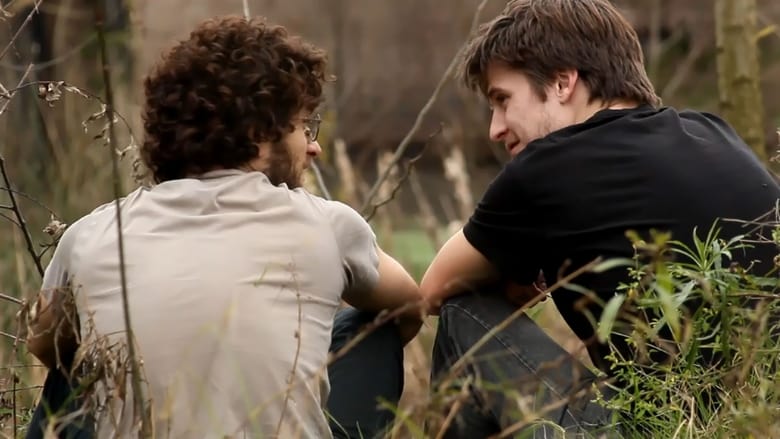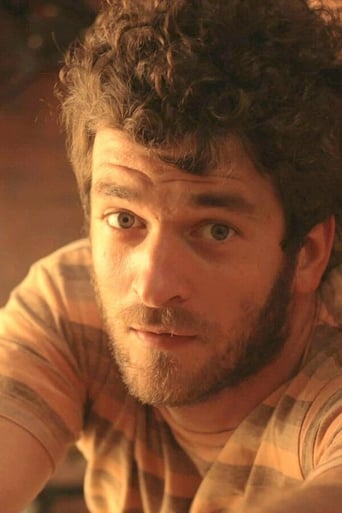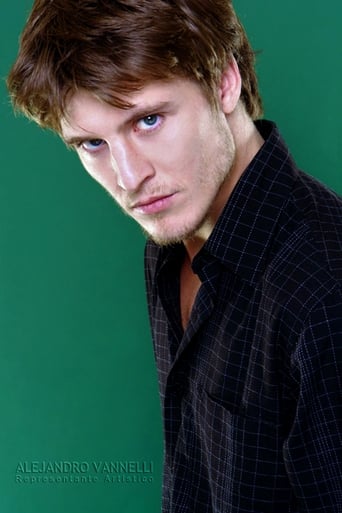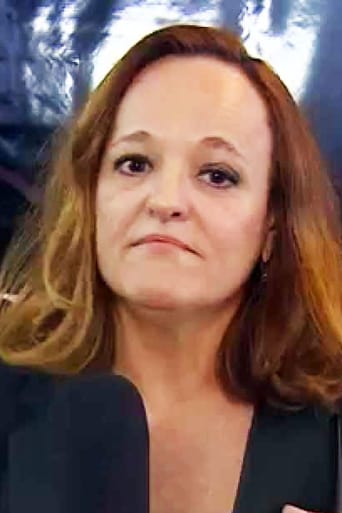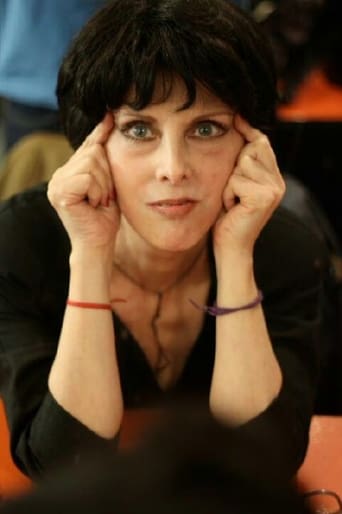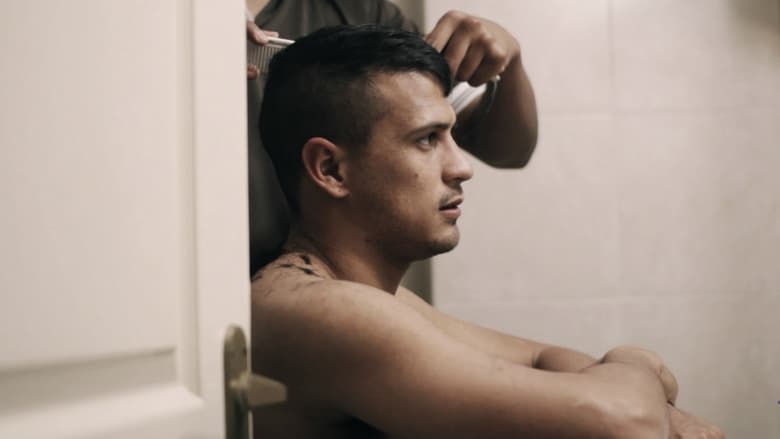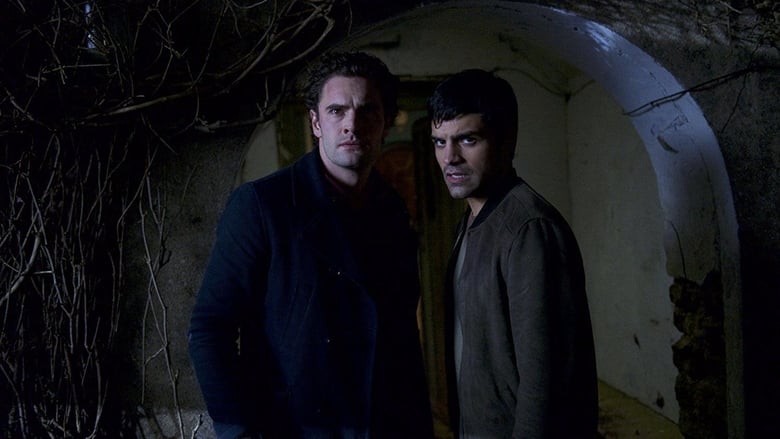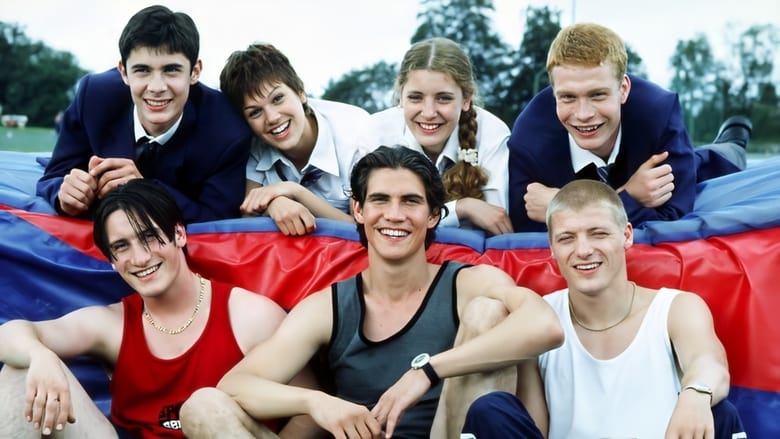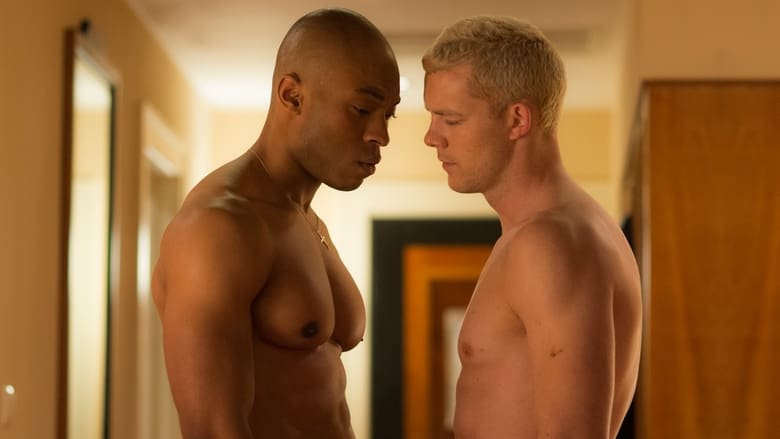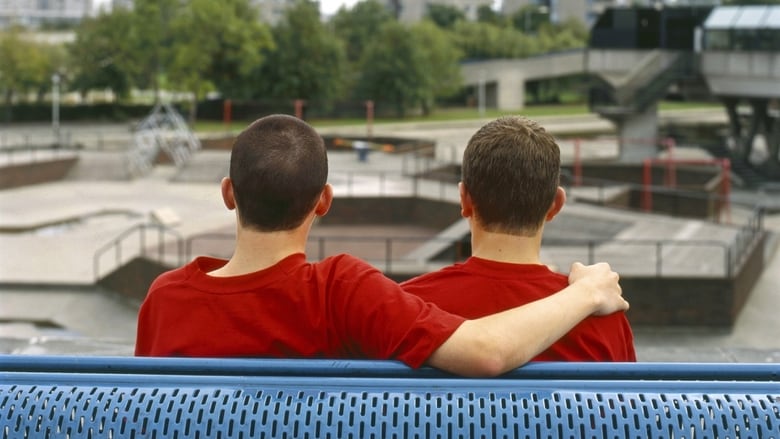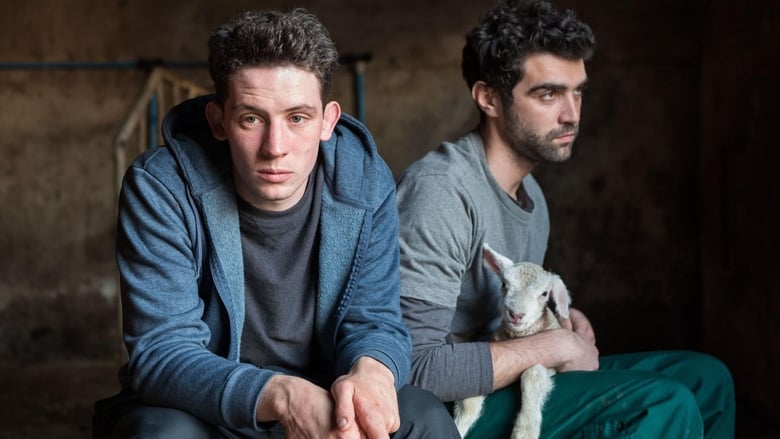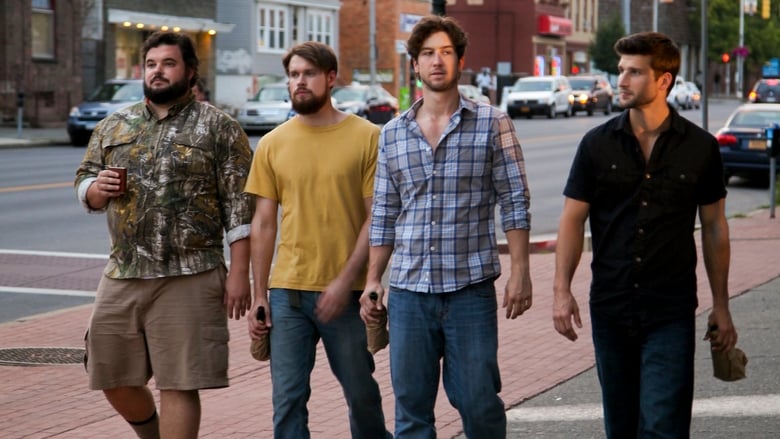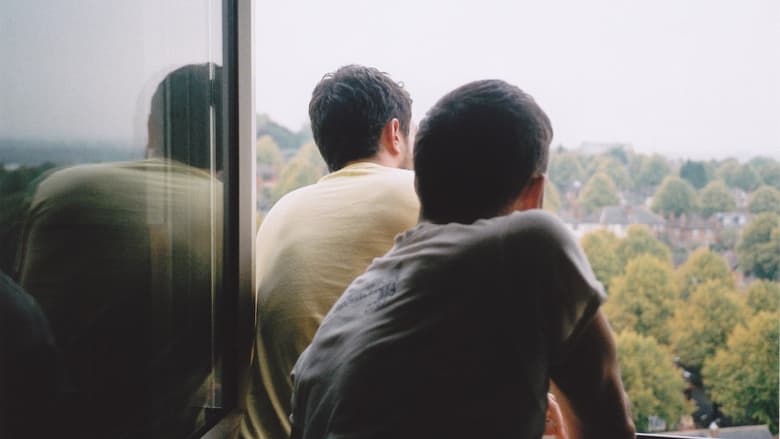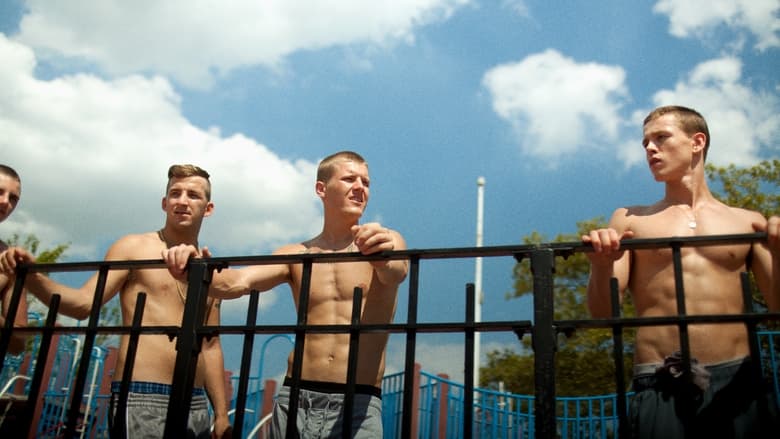Eugenio offers his childhood friend Martin a work for the summer. With a game of power and desire a relationship starts to grow that goes beyond their friendship.


Similar titles
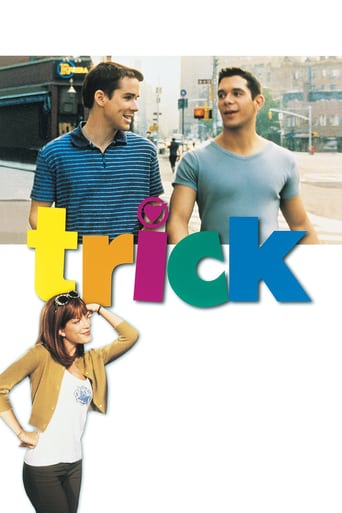
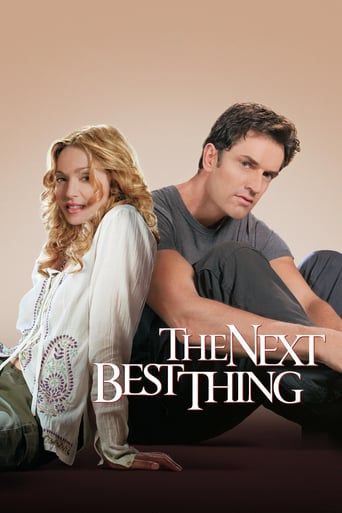
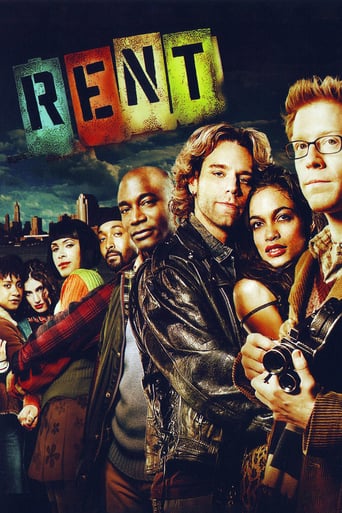
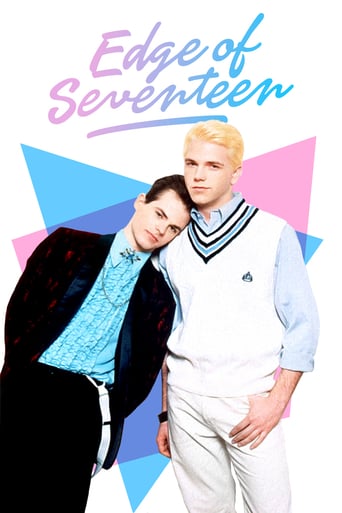
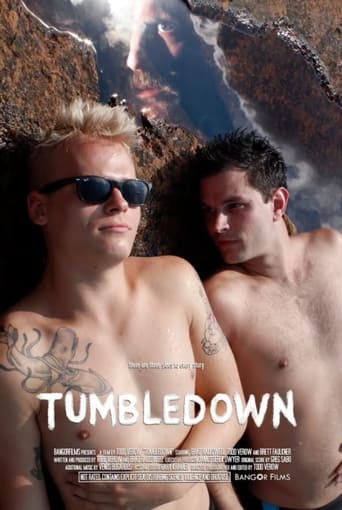
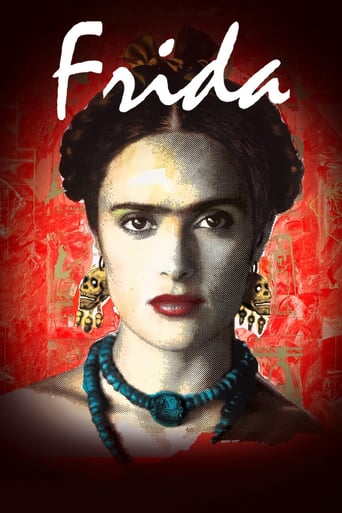
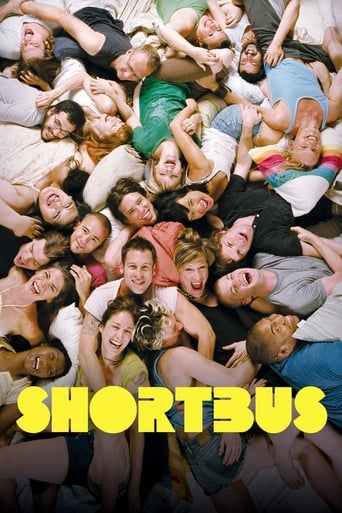
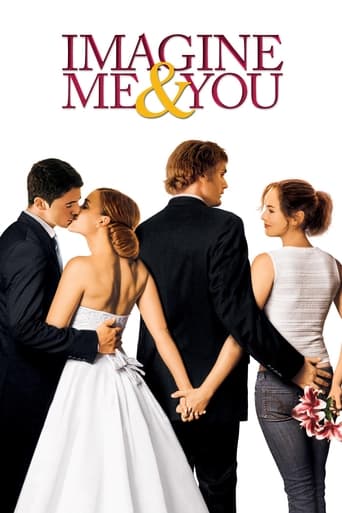
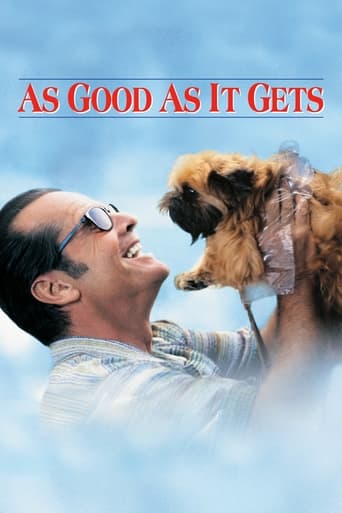
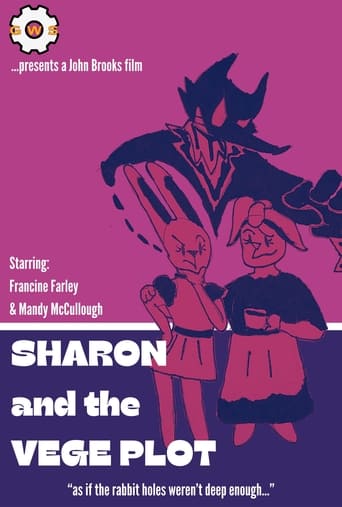
Reviews
...I have to say that it does strain credibility that two such young, erotically handsome, and obviously virile men took so long to mate. Eugenio's modesty and reticence might well fit in Proust's novel, but TODAY? Then again, Eugenio suppressed (no doubt under the weight of the dead dogmas of Roman Catholicism and possibly familial strictures) his natural and healthy instinct. Then, too, his protracted hesitancy lends the plot, indeed, defines the plot as one of suppressed longing, as it evolves, molto lento. The film deserves high praise in all categories.Not much dialogue, thank goodness, for, when they do have substantial remarks, the subtitles flash by too quickly for me to read. And the subtitle industry needs to learn that white letters on a white or pale background are UNREADABLE.
I watched the trailer and it was a little odd, but the score and reviews were very good so I decided to watch it. Honestly, in my opinion, it wasn't good at all. It was very long and tedious to watch. Every shot was very long for no apparent reason. There was very little dialogue and many pointless shots. The plot and character development was very slow. You can easily skip about half an hour or more in the middle, and things will remain unchanged. The only moderately interesting things happened in the last 20 minutes or so. In addition, I often found the characters' behaviour odd and unexplained. To conclude, I wouldn't recommend it and I didn't enjoy it.
Marco Berger's Spanish language Hawaii is small with a simple story made into something more than the narrative. Boy meets boy, boy becomes attracted to boy but doesn't know what to do about it, there's a history; what's going to happen?) Berger uses long scenes of pause on scenery, character's processing, and body framing that evokes erotic tension, to evolve the story into an unfolding emotional journey. He's talented at using all the elements of film; character posturing, shot framing, scenery, music and dialogue to that result. The sparse dialogue incites and exhibits complication in human behavior rather than define everything. (Except a scene I thought was clumsy between Eugenio and a visiting relative where the dialogue makes perfectly clear the situation.) I read that disparity in character vocabulary is used to manifest class difference, which was lost in translation on me (subtitles ;-). Class or status is a component of the character's stories but I missed it as a struggle between them aside from Martin's shame of his situation. Intentional or not, Berger's themes are fodder for porn fantasy. However, he engages them as real world, contemplative journeys of discovery, though certainly sexually charged. Berger's use of eroticism is a bit obvious in this. Perhaps because I've seen his moves before, they stand out as a bit contrived. Berger might just be f****ng with you in using setups he's probably seen in porn and turning them into something else, he's a tease. I didn't get a powerful sense of chemistry between the leads. The guys are handsome real world types. Manuel Vignau gives Eugenio purpose and inner workings that make the character interesting. He radiates charm and warmth in simple shrugs and smiles. Mateo Chiarino's charming too. His angelic good looks and almost wide eyed innocence are engaging. He's good as the down on his luck Martin but he doesn't match Vignau's abilities so he's out classed in many scenes. Maybe intentional, but it made question any attraction beyond the physical. I suspect Marco Berger will be doing "bigger" things soon. I applaud him telling these small stories that he wants to tell. If you haven't seen his other films, you should. For me he's played out this toy box. But that said, I hope that he continues using his beautiful voice to tell stories of this genre.
Hawaii is Marco Berger's third solo feature film that comes to close a trilogy of sorts began with Plan B (2009) and continued with Ausente (2011). It's also very likely the best of the three with clear points in common with its two predecessors. The film begins with an overture where the main characters are introduced. Martín (Mateo Chiarino) is looking for a summer job in a small provincial town. He is homeless, we see him staying outdoors in some piece of ground with his very few possessions. Eugenio (Manuel Vignau)is staying at his uncle's, taking care of the property while his uncle is out, using time to work on a novel he is writing. This first part features almost not direct sound but an extra diegetic quasi-melodramatic orchestral arrangement. The second part starts when Martín arrives at Eugenio's place and begins to perform various maintenance works there. From their first encounter we learn they were childhood friends, that Martín used to swim in the property's pool, but now their relationship will be crossed buy an inevitable boss-employee link. The movie yet does not completely fall into some sort of "social realism". Eugenio and Martín's relationship develops into a bucolic tale, where the ambiguity of their intentions plays a fundamental role. Martín may be in a situation of abandonment, but he doesn't tell the truth to Eugenio from the beginning and pretends to be staying with some non existent aunt. Eugenio, on the other hand, takes care of his childhood friend, lends him new clothes, invites him to bath in the house and to swim in the pool, cures him when he cuts with some rusty wire and, when he finds out Martín has been lying about his aunt and is living outdoors, offers him a room. Eugenio needs to insist as Martín does not want to bother his employer and benefactor. An even if Eugenio's intentions are noble and born out of compassion, he can't avoid, with these actions, underlining their uneven, and, for that reason, somewhat uncomfortable relationship: Eugenio is in good financial position, he is a bourgeois, an artist, and the one who pays; Martín is poor, helpless, working-class, the one getting paid. But, for a good part of the movie, these social differences seem to get almost erased as their friendly relationship grows, as they have some kind of regression to childhood, playing child games and visiting old places that bring memories back (something that links this film to Plan B) I remember an Internet meme about Jane Austen novels: it features a female character saying something like "I love him, but he can't know it" and a male character saying "I love her, but she can't know it". Add to this the typical class tensions in Austen's work and you can see how Hawaii plays in these same coordinates. There are many subtle insinuations between both men, but, until the last part of the movie, it's not quite clear if there is a romantic attraction or if Eugenio's actions are born simply out of compassion, and Martin's out of gratitude. What comes to break this dreaminess of the semi-nude bodies in the summer (though far from the sticky atmosphere of Berger's short film Platero, Hawaii's summer is not an unbearable ball of heat in an overcrowded house but a clear and luminous countryside vision), this 'bucolism' of grass and plants and rivers (water, there's a lot of water in the film: the crook, the pool, Martín's bottle to drink, the faucet which he 'steals' water to wash himself of, Eugenio's house shower) is the coming of Eugenio's older brother, which constitutes a key moment (and a very powerful one). I don't want to spoil it, so I will just say it's a scene full of (verbal) cruelty but with certain honesty and accuracy that makes it even more painful. The romantic daydream is broken (the micro-climate created by having only two characters interacting in the same locations for most of the film is destroyed), the (insuperable?) social tensions and distance (re) appear at the center of the scene. The 'phantasmatic' epilogue that follows reminds us of Ausente's ending, though, I dare to say, with more subtlety and effectiveness. Special mention to both main actors. Berger's years of studying theater and as a theater teacher are noticeable, he brings out great performances from the leads and deserves to be consider a great actor's director. Vignau is in a different register to Plan B's Bruno, more obscure, bereft of the funny arrogance of that character, and full of the required ambiguity. Uruguayan Mateo Chiarino is extraordinarily photogenic, but much more than just a pretty face: the way he portrays Martín's abandonment is remarkable, in his way of speaking, his elusive eyes, his attitude that might resemble a stray dog the has found a helping hand but is still apprehensive.

